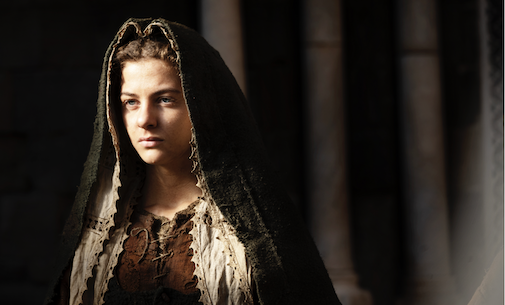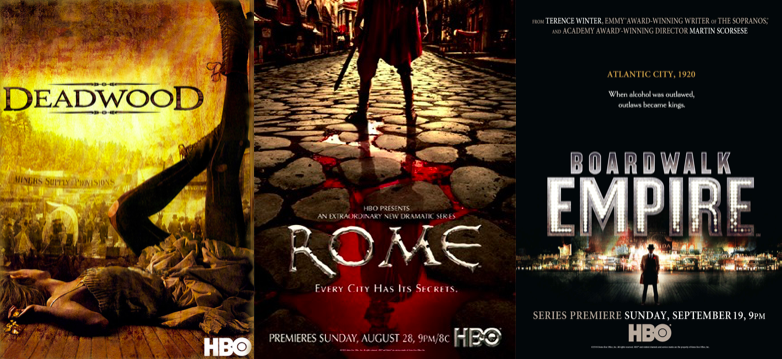Almost There: Denzel Washington in "Gladiator II"
 Tuesday, February 4, 2025 at 4:30PM
Tuesday, February 4, 2025 at 4:30PM 
The 97th Academy Award nominations weren't marked by many high-profile snubs. Sure, a few critical darlings failed to secure AMPAS' approval, but their absence didn't come off as a shock. Even so, as in every year, some folks came close to a nomination but likely ended up as sixth or seventh on the ballot. For the next few weeks, the Almost There series is making a comeback to celebrate those very contenders. Like last season, I'll pick one performance from each acting category, starting with Best Supporting Actor. And though Clarence Maclin probably came close to the Oscar nod with Sing Sing, let's consider another alternative – Denzel Washington's villainous turn in Gladiator II…




